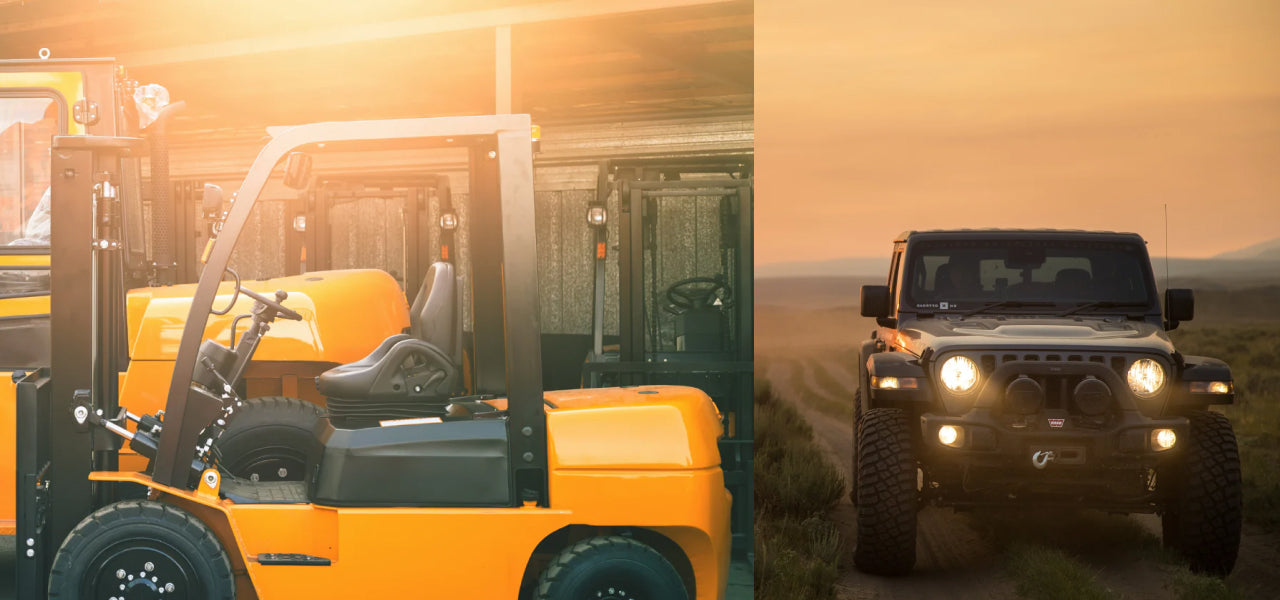
Debunking Winching Myths: Facts You Must Know About Winches

Winches are incredibly useful tools for a variety of applications, from off-roading to fulfilling a wide range of industrial and commercial tasks. However, like many other pieces of equipment, winches have gathered a bundle of myths and misconceptions about them. Debunking winching myths and surfacing some interesting facts about winches can let you make informed decisions on how you use winches.
Myth 1: All Winches Are the Same
Winches come in different types and sizes, each of them meant for specific purposes. An electric winch is suitable for light to moderate loads, while hydraulic winches are better capacitated to handle heavy-duty applications. It is important to choose a winch that matches the weight of the load you intend to pull or lift.
Myth 2: A Winch Can Pull Anything
Most people do not understand that winches too have limits. Exceeding the specified limit for a winch can result in equipment damage or accidents. It is necessary to adhere to the manufacturer's guidelines regarding your winch's capacity, line type, and other conditions. Using snatch blocks can help increase pulling capacity while not having to overload the winch.
Myth 3: The Longer the Winch Cable, the Better
No doubt a longer cable can provide more reach. But, it can also reduce the pulling power of the winch. Since longer cables create greater friction, they need more power to operate. It is necessary to strike a balance between cable length and winch capacity to get optimal performance from them.
Myth 4: Any Rope Can Substitute A Winch Cable
All ropes cannot suit winching. The winch cable or synthetic rope you choose should have the breaking strength that can match or exceed the capacity of the winch. Using subpar or worn-out ropes can result in dangerous accidents, including snapping of the rope.
Myth 5: A Winch Is a Self-Recovery Tool
Winches are popularly used for self-recovery in off-road situations. However, they must not be depended on as the sole means of recovery. It is necessary to have proper recovery equipment like shackles, straps, and recovery boards, to support your winch and ensure a safe and efficient recovery mission.
Myth 6: Winches do not need any maintenance
Winches need regular maintenance in order to ensure optimal performance and safety. Neglecting maintenance can give way to issues like rust, cable wear, and motor failure. Routine inspections, cleaning, and lubrication are very important to keep your winch in good working condition.
Myth 7: Any One Can Operate A Winch Without Prior Training
Operating a winch safely and effectively needs proper training. Understanding the functions of a winch, safety procedures, and the right use of accessories is very important. Many accidents happen on account of operator error or lack of knowledge. Therefore, you must get the necessary training from certified professionals or experienced individuals.
Myth 8: Winches Are Meant Only for Off-Road Enthusiasts
Winches are popular among the off-road community. Nevertheless, they have a wide range of applications. Winches are used in industries including construction, marine, and forestry. Winches are versatile enough to suit various professional and recreational purposes.
Myth 9: Any Winch Is AOverkill For A Light Load
Winches are available in different sizes, and there are models available for lighter loads. Smaller winches can highly suit tasks like ATV recovery or small-scale lifting operations. It's essential to choose the appropriate winch for your specific needs to avoid unnecessary expenses or over-complication.
Conclusion
Whether you are using an electric winch or any other type of winch, understanding the basic facts and dispelling common winching myths is essential for safe and effective winch operation.
